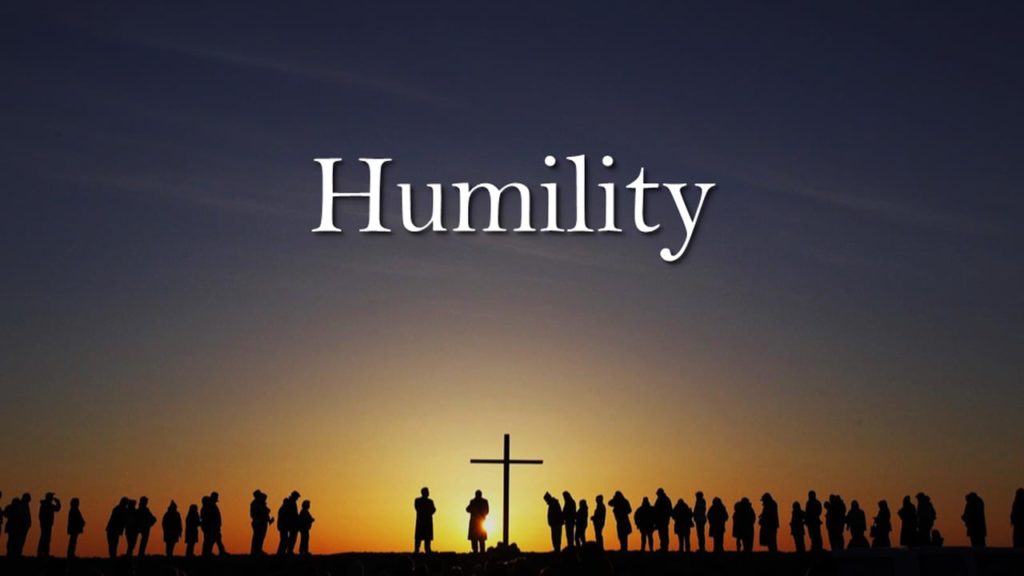
C. S. Lewis had a way of taking a concept and giving it new life, sometimes simply by illustration, other times by making sure we have the correct definition of that concept. Take humility, for instance. To the world at large, the word conjures up an image of weakness or some kind of constant self-belittling. Yet humility is actually a source of spiritual strength; neither does it mean one has no value. That’s never true in God’s eyes.
Here’s how Lewis describes true humility in Mere Christianity:
Do not imagine that if you meet a really humble man he will be what most people call “humble” nowadays: he will not be a sort of greasy, smarmy person, who is always telling you that, of course, he is nobody.
Probably all you will think about him is that he seemed a cheerful, intelligent chap who took a real interest in what you said to him. If you do dislike him it will be because you feel a little envious of anyone who seems to enjoy life so easily. He will not be thinking about humility: he will not be thinking about himself at all.
How hard it is for us to enter into that state of mind where we are rarely focused on self. How easy it is to think everything of significance has ourselves at the center. Lewis counsels that anyone who would like to achieve true humility must begin with the recognition of one’s own pride. Without that vital first step, we are stuck in our self-centeredness.

I’ve been rereading all the Chronicles of Narnia books in preparation for a class I’ll be teaching on them this fall. Lewis deals specifically with the pride/humility issue in The Horse and His Boy. Bree, the talking horse who has been in many battles and is quite concerned for his reputation, finally meets Aslan face-to-face and realizes how his pride has gotten in his way. Aslan doesn’t browbeat him about it, but instead draws him out of himself.
“‘Now Bree,’ he said, ‘you poor, proud, frightened Horse, draw near. Nearer still, my son. Do not dare not to dare. Touch me. Smell me. Here are my paws, here is my tail, these are my whiskers. I am a true Beast.’
‘Aslan,’ said Bree in a shaken voice, ‘I’m afraid I must be rather a fool.’
‘Happy the horse who knows that while he is still young. Or the Human either.'”
True humility comes from only one place—at the foot of the Cross. Only there do we see true humility personified in the One who, as the Apostle Paul said, emptied Himself, took the form of a servant, and humbled Himself to die for the sins of others. When we see that in our spirit, we should be humbled also. “If He was willing to do that for me,” we should say in response to His act of love, “then I should lay aside my pride and live for Him and others.”

